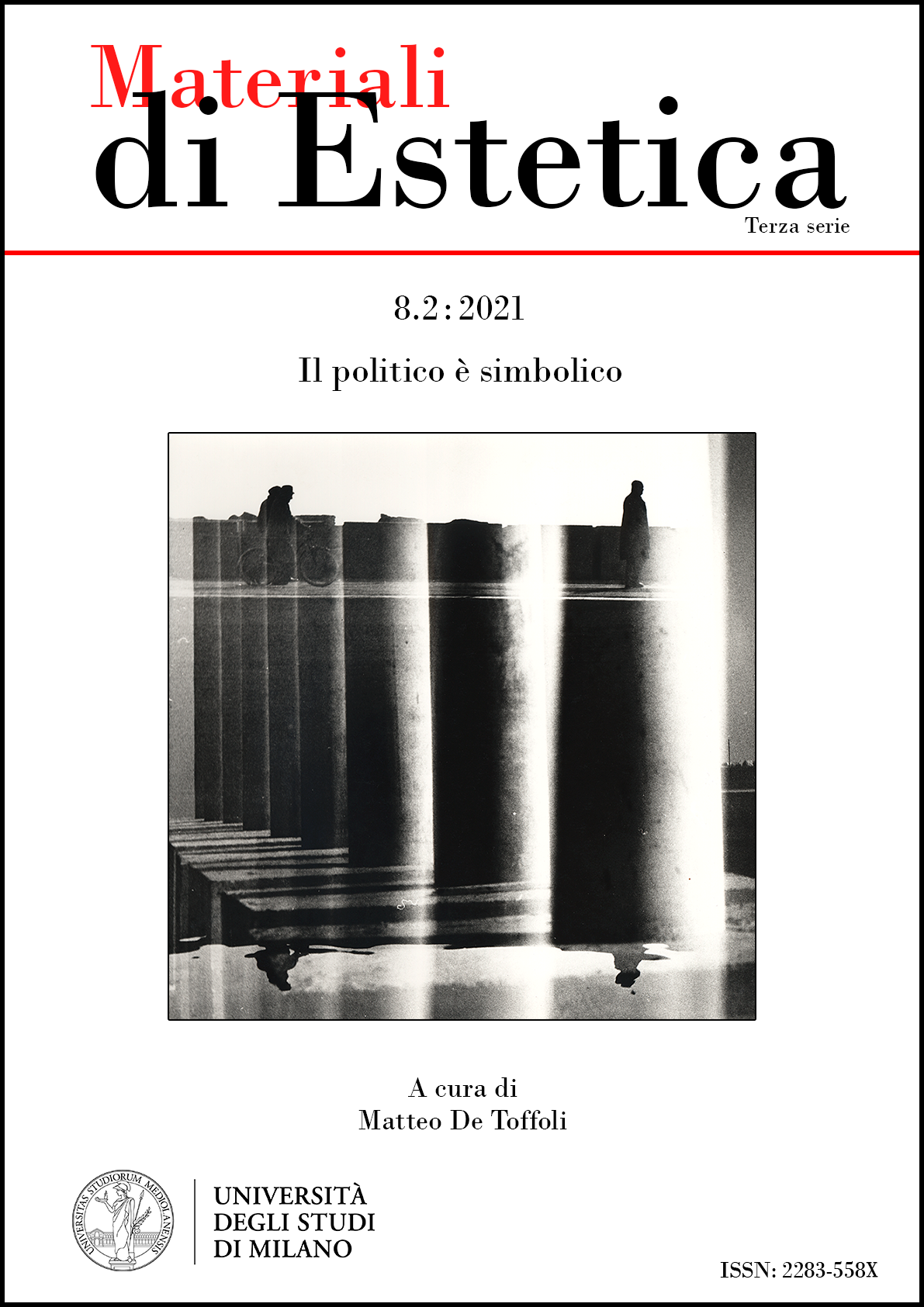Problematizzazione, contesa e rivalutazione del bello nell’arte, tra relativismo filosofico, pratica artistica e senso comune
DOI:
https://doi.org/10.54103/mde.i8.2.17000Parole chiave:
Aesthetic perception, Relativism, Beauty, CanonAbstract
Aesthetic perception is today a confused and controversial experience. In common sense relativistic conception of beauty, coexists with the consideration of the so-called “masterpieces” as works in which there is a stable aesthetic value. Philosophical and scientific relativism seems to have definitively set aside the conception of beauty not only as a universal value, but also as the essence of art, as it is counted among those universal metaphysical values, which have long been questioned. But some philosophers, such as Severino, say the opposite. Today seems to be a tendency to rediscover beauty above all in art, as a contemplative perception. Would the eventual return of art to beauty mean a return to universal metaphysical values? The difference between Kantian adherent beauty and free beauty is analyzed. The first is linked to metaphysical values, as an expression of an idea. The second, free beauty, on the other hand, has no metaphysical characteristics because it is not linked to a concept, therefore an expression of empirical harmonies. But also with regard to free beauty, the Kantian idea that sentiment can perceive its universality as an intersubjective value, is today difficult to accept both theoretically and empirically. This happens because today sentiment is no longer cultivated in the perception of beauty through canons, which are also disqualified for the pretense of universality in determined forms. Here, too, a distinction must be made between classical anthropometric canons and archaic non-naturalistic canons. We discover that the former are affected by a metaphysical foundation, while the latter reveal a different structure with other functions. According to Florenskij, the canon is not oppressive but liberating. On these suggestions and on empirical evidence we theorize that the (non-naturalistic) canon constitutes a guide for the recognition of a polyvalence of expressive language in which feeling coordinates with the other functions of consciousness, leading to transcend language itself in a non-metaphysical dimension. This suggests that this polyvalent structure that emerges from the canons is associated with beauty, as aimed at its realization.






